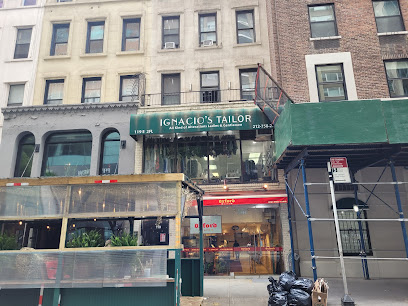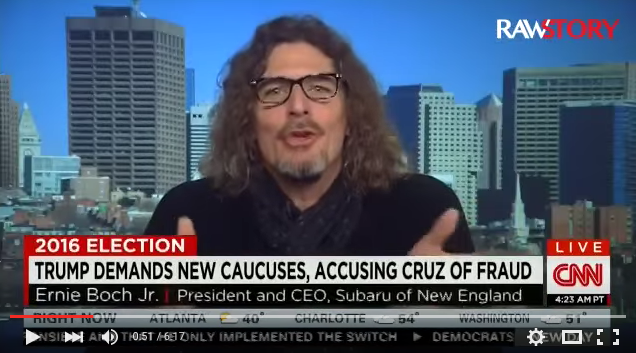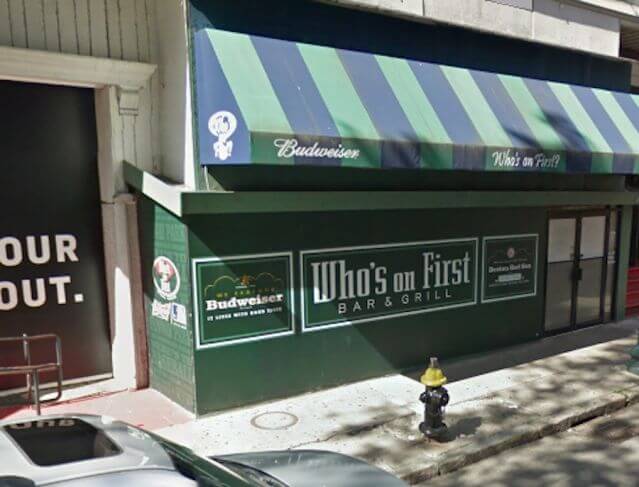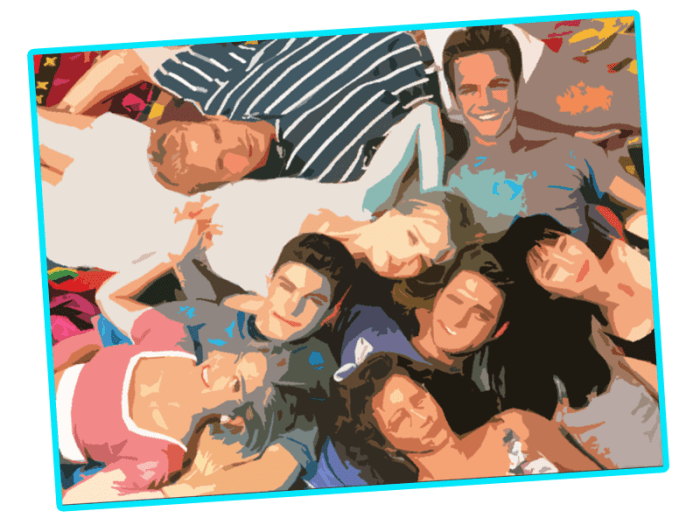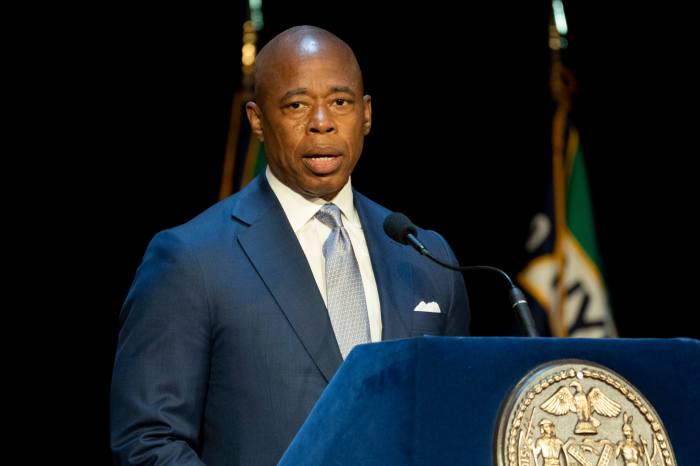By the time she realized she is in over her head, L was on her way to doing a bid for guns and drug possession.
The drugs were hers, but the guns belonged to a boyfriend who she stored the weapons for. He was convincing enough, telling her she’d hold on to them for him if she truly loved him. The parasitic tactic worked like a charm on the young woman who struggled with self-esteem issues since childhood and a powerful drug addiction. When she was evicted in 1989, being homeless made L the prime vulnerable target for crooks in need of a gun mule. She had a clean record at the time, making her the perfect candidate for straw purchases, or people buying guns on behalf of others who couldn’t pass a criminal background check, the same way teenagers might pay a homeless person or a panhandler a little extra money if they go and buy alcohol for them. But unlike buying booze for underage kids, her name was on the paperwork. L spoke to Metro about her experience as a victim-turned-activist under the condition of anonymity.
She now is trying to reach younger girls as an activist for Operation LIPSTICK, Ladies Involved with Putting a Stop to Inner-City Killing.
“I was always in ‘the life,’” L said. “I was surrounded by people in the ‘life’. I didn’t know no better. I had no idea I was committing a crime back then. But I was addicted, I was dependent and I was being used.” Operation LIPSTICK is out on a mission to educate young, vulnerable women about the dangers of getting too deep into the life.
RELATED:Operation LIPSTICK: MBTA ad campaign takes aim at women carrying illegal guns Nancy Robinson got the ball rolling for Operation LIPSTICK in 2012 after drawing the parallel between domestic violence and the role of women in street crime, combined with investigating the question of where guns used in street crime are coming from. “We don’t have a gun problem, we have a gun trafficking problem,” Robinson said. “We all hear about the shootings, who was killed, who did the killing, and that’s where it ends. But what was missed is that the gun was put there through an illegal network.” RELATED:Police searching for answers amid two days of carnage in Boston, Cambridge and Everett, ID victims According to “Following the Gun,” a 2000 study conducted by the ATF, half of the gun trafficking cases involve someone with a clean record buying for someone with a dirty hand. A study conducted from July 1996 to December 1998 showed that over fifty percent of trafficking instances involved straw purchases. Obtaining guns from states with laxed gun laws, specifically New Hampshire, Maine, Vermont, Georgia and Virginia, is easy enough, and the Journal of Urban Health found that women are disproportionatelyinvolved with crime-oriented gun sales. The LIPSTICK-ladies host monthly meetings at the Grove Hall Library in Dorchester and are out in the community educating women and saving lives.
“At the time, I was totally blindsided,” L said. But when I talk to these girls and these women, I tell them my story and I can see that some of them are right where I was. I wish I could have had this program when I was young. We don’t judge them. We encourage them to get away from the life. I’m still learning about myself every day I’m there talking to people. I am helping others and healing myself at the same time.” The LIPSTICK-ladies are seeing results for their efforts. Suffolk County District Attorney Dan Conley’s office credited LIPSTICK with helping gun crimes committed by women drop by a third from 2011 and 2013. In a letter to the group, Conley said that in 2011, 52 of the 1,494 gun crimes were committed by female defendants. In just two years time, that number dropped to 36 out of 1,363. Since 2013, LIPSTICK have received more than 3,600 signatures from grassroots, door-to-door, neighborhood-by-neighborhood, vowing to not buy, hide or hold guns for someone else.






